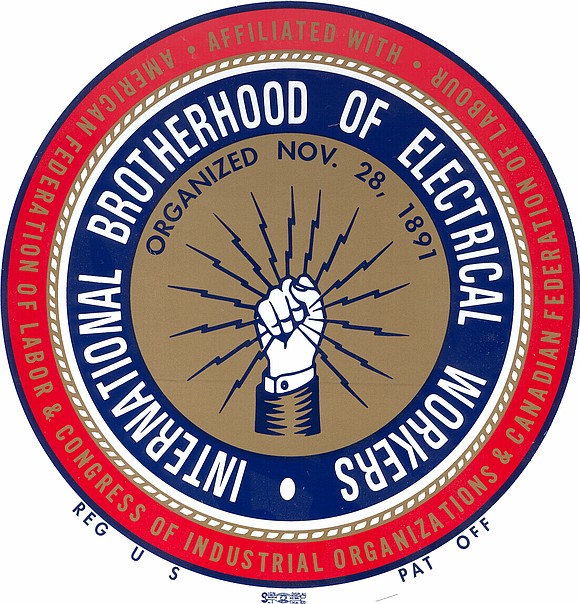Business Manager Tony Sapienza
Personal Financial Health of Union Members Bolsters Union’s Strength During Contract Negotiations
If you owned coastal property in Maine or New Hampshire and weather forecasters said that a hurricane was barreling up the Atlantic Coast, you would probably batten down the hatches, stock up on groceries and flashlight batteries, hope for the best, and prepare for the worst. If the hurricane passed us by, well, you could still make good use of those supplies. If we took a direct hit from Mother Nature, you’d be all set to ride out the storm.
By the same token, when the forecast calls for upcoming contract bargaining at one of our represented companies, members ought to consider getting their financial house in order . . . just in case negotiations turn stormy. All too many of us live from paycheck-to-paycheck, and the threat of missing even a single week’s pay can make some of the most resolute union members think twice about the impact loss of wages might have on them and their families.
Unfortunately, negotiators at our represented companies know this. They know that housing costs and prices have been going up and hitting us in the wallet and pocketbook. They are tuned in to conversations among our members and know that many of us could not afford to go on strike.
Nobody on either side of the table - the Union or the Company - wants to see a strike. While your Union will always do everything possible to avoid such an outcome of the negotiating process, the strike must remain a credible threat when we are unable to reach an agreement with the party across the table. In most cases, the ability to withhold our labor gives us tremendous leverage.
One of the best things you can do to show support for your Union Contract Negotiating Team - and help yourself at the same time - is to put together a financial cushion or nest egg fund in case you need to fall back on it during a work stoppage. Even if negotiations at your company are not coming up soon, don’t wait! Get started now!
Consider setting up a separate Rainy Day or Strike Fund savings account and work toward socking away enough money to last you and your family for three months without a paycheck. And we’re talking about all of your expenses: home mortgage, car loans, household bills, groceries - everything. Don’t worry about saving for all three months. Save for one day at a time.
And you don’t have to start big at first. Even saving up pocket change every day in a jar can add up to hundreds of dollars over the course of a year. Or instead of going out for lunch, brown bag it most of the time. Just make sure that you deposit the savings in your Rainy Day or Strike Fund savings account on a regular basis.
Remember, by improving your financial health, you can help strengthen your Union during contract negotiations.
Hopefully, you will never need to dip into these savings during a labor dispute. And someday, when you retire, you can use it to treat yourself to something special. Just think about it . . . a boat . . . a vacation . . . a camp on a lake . . . sounds like fun!
